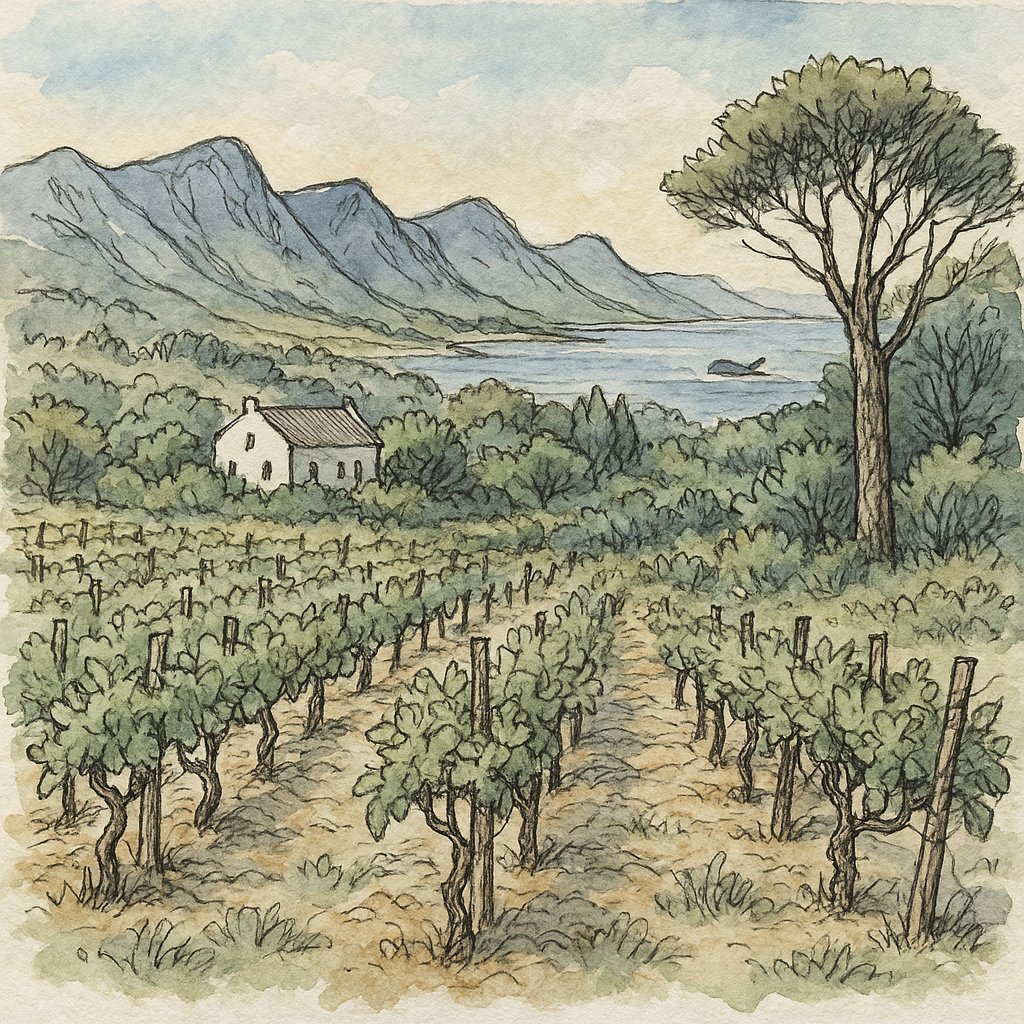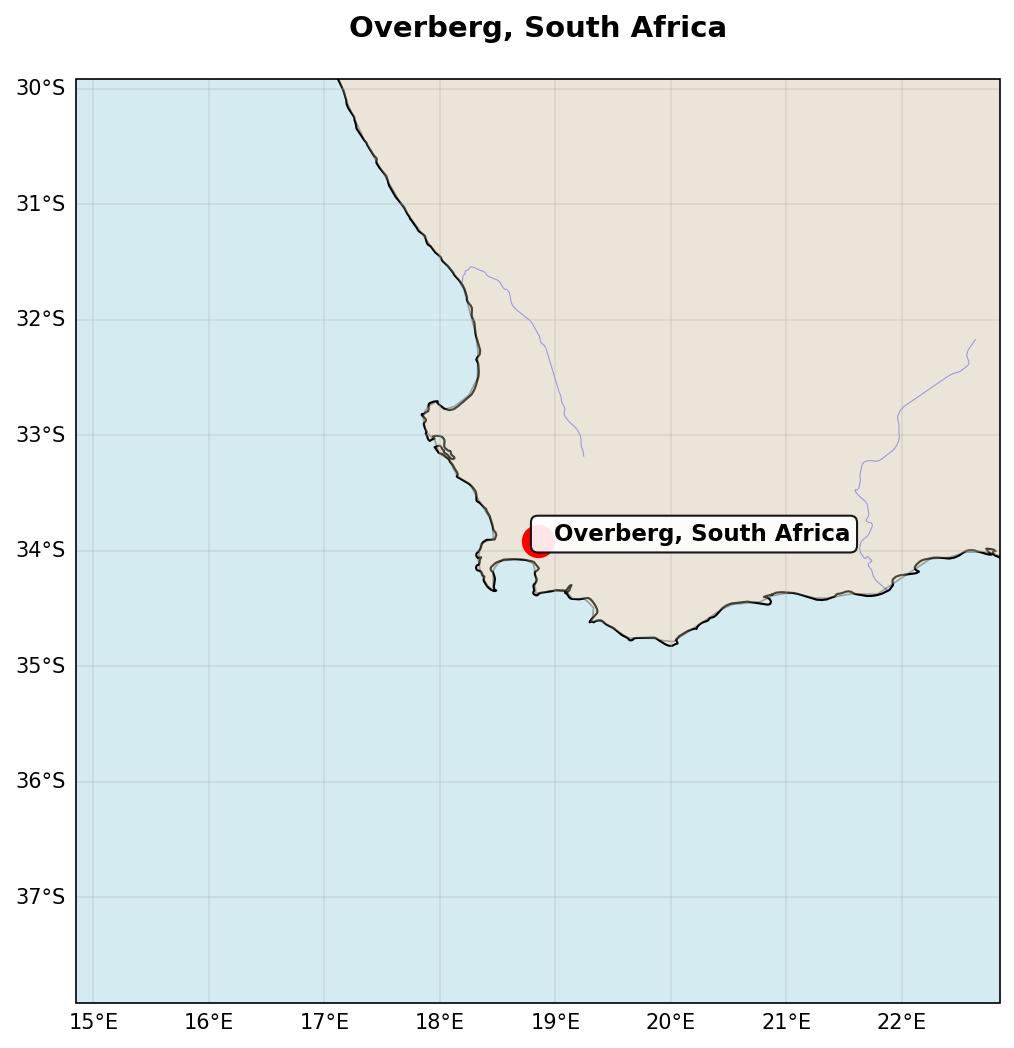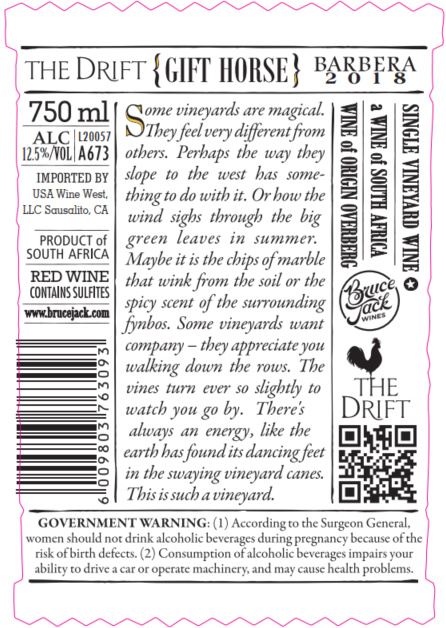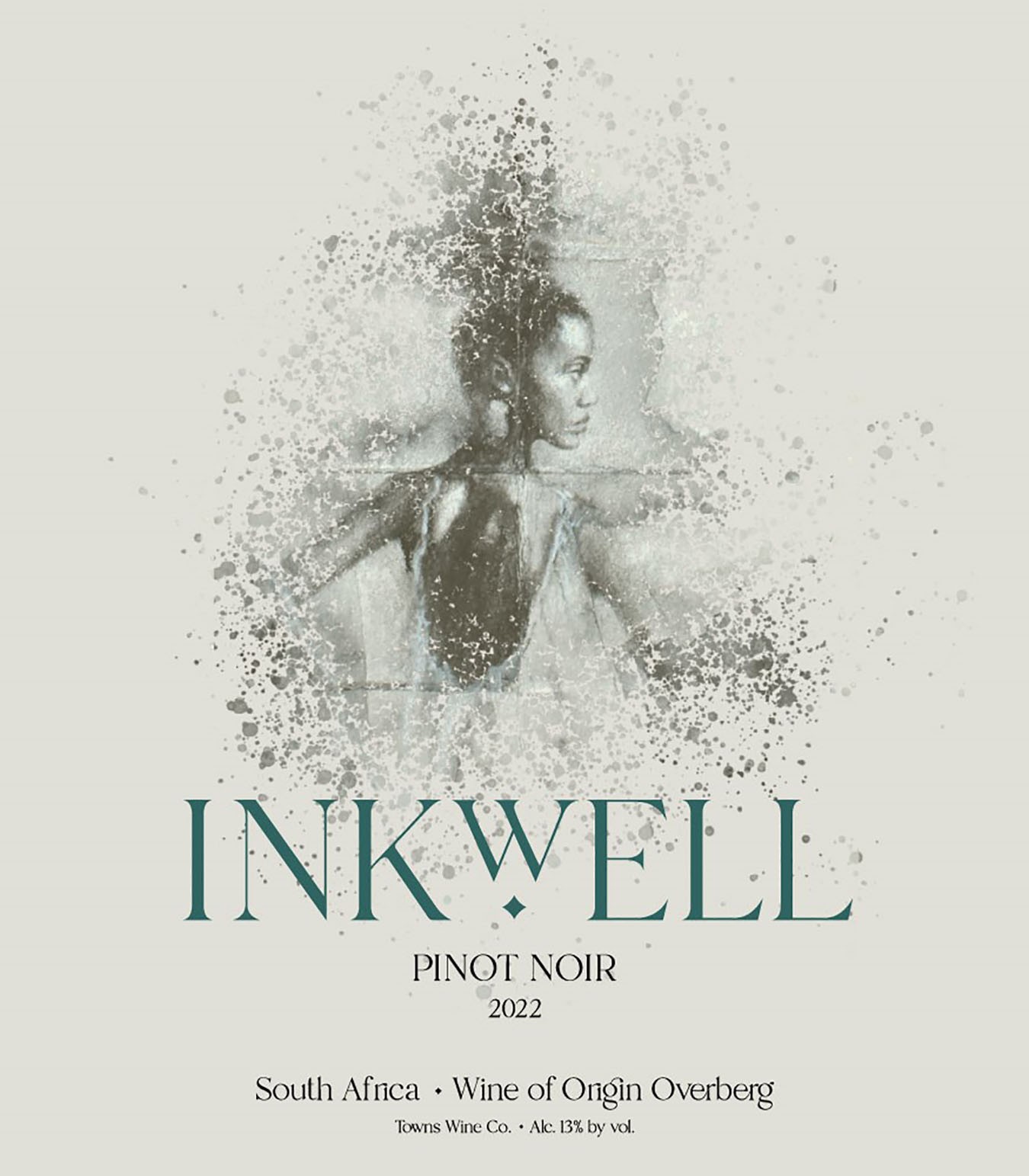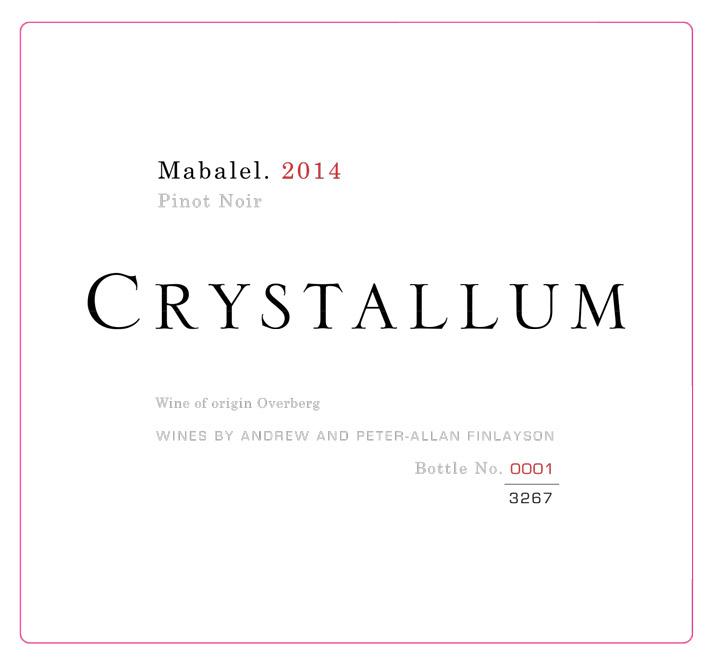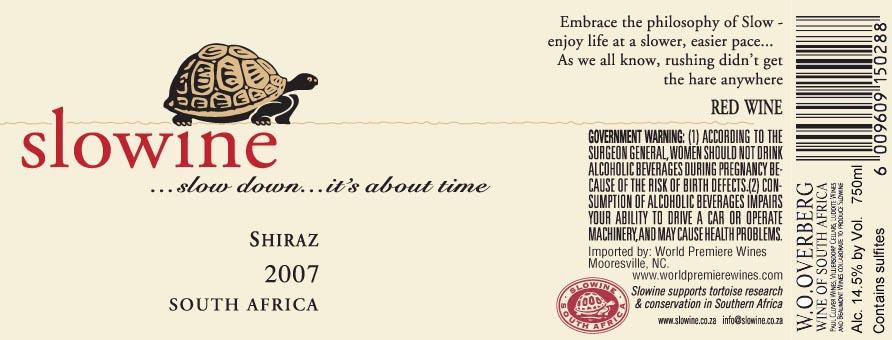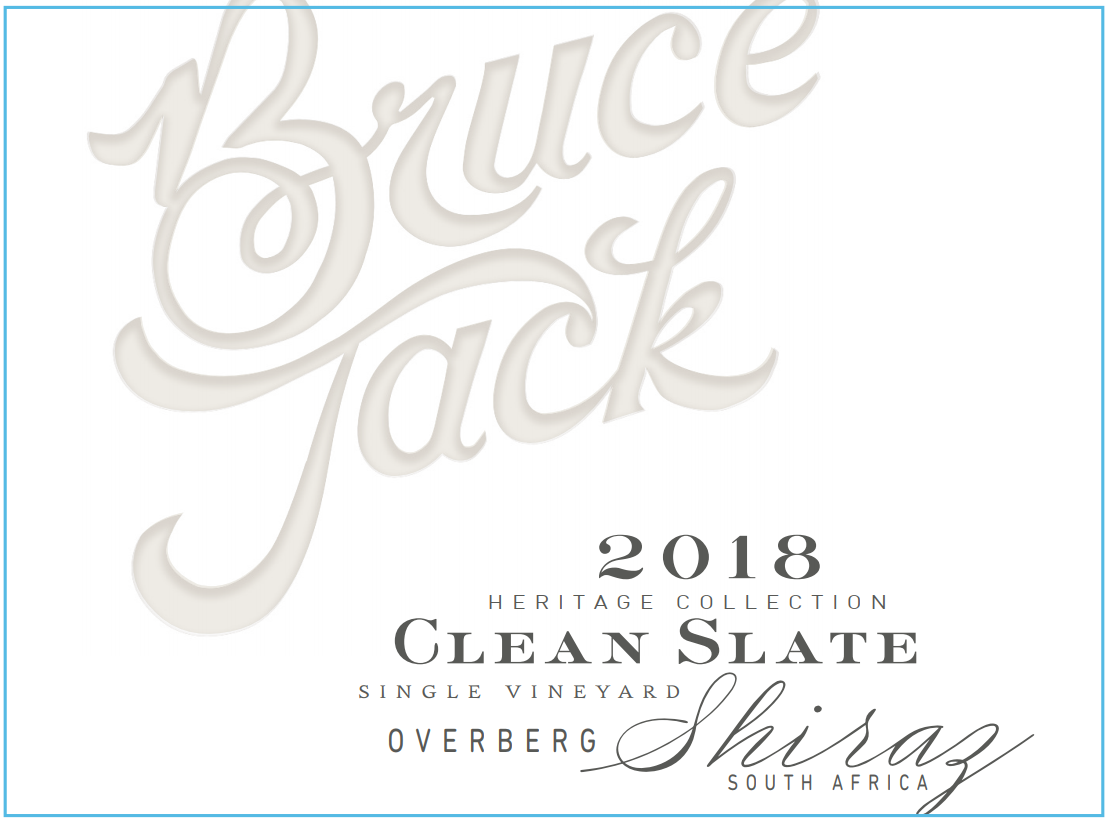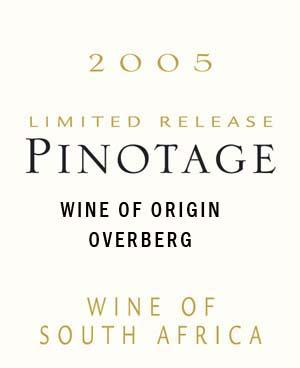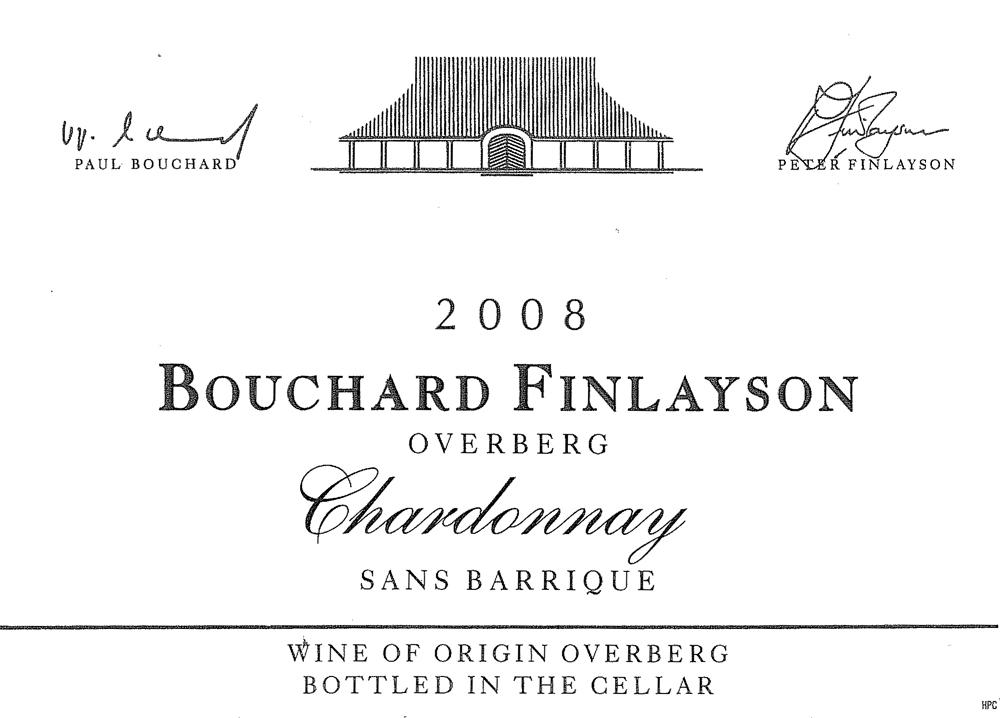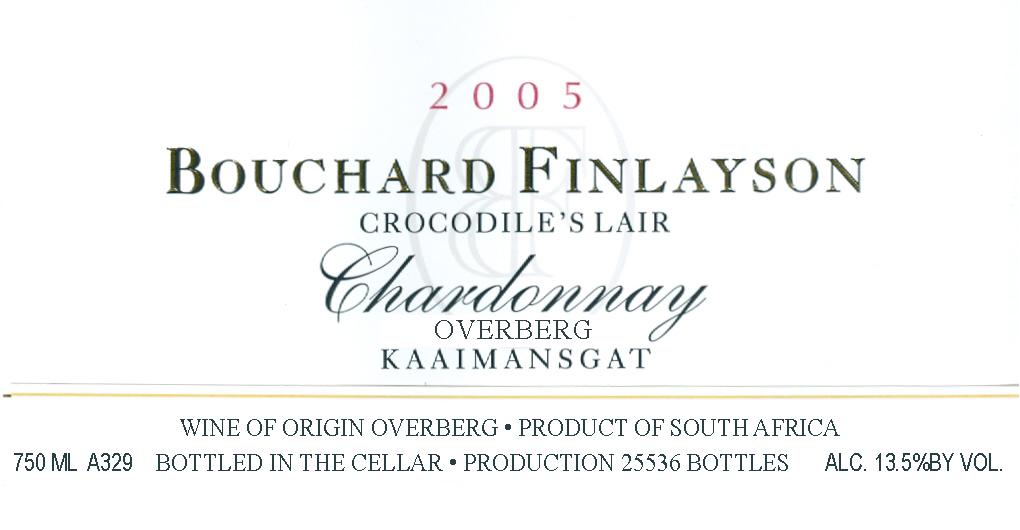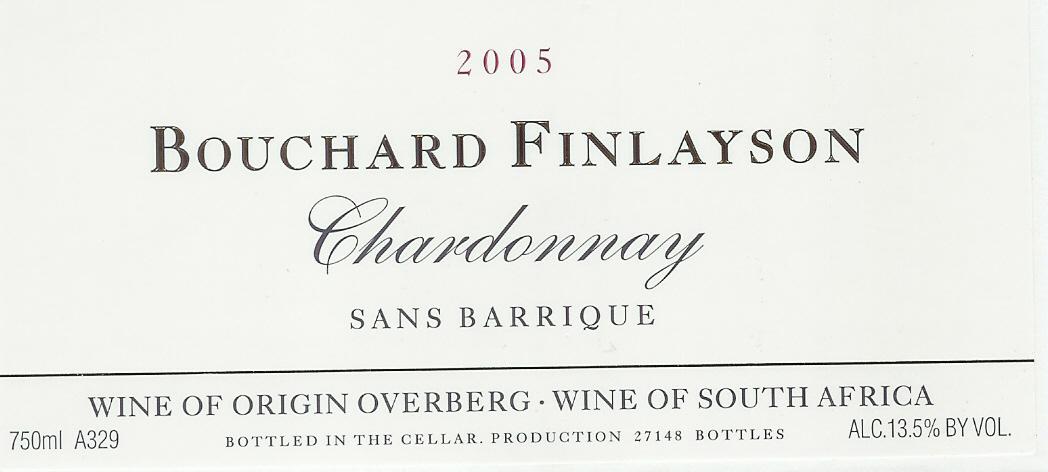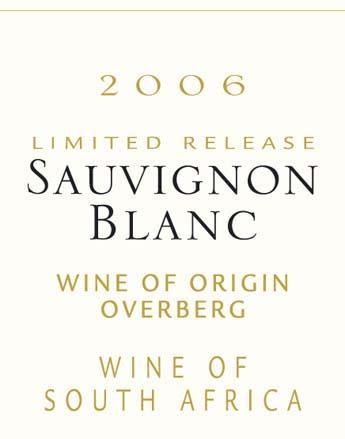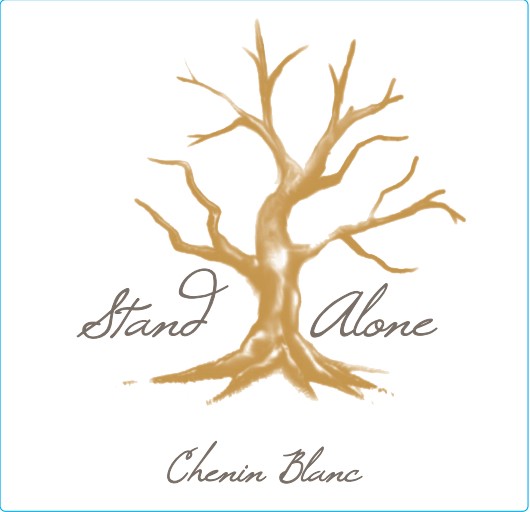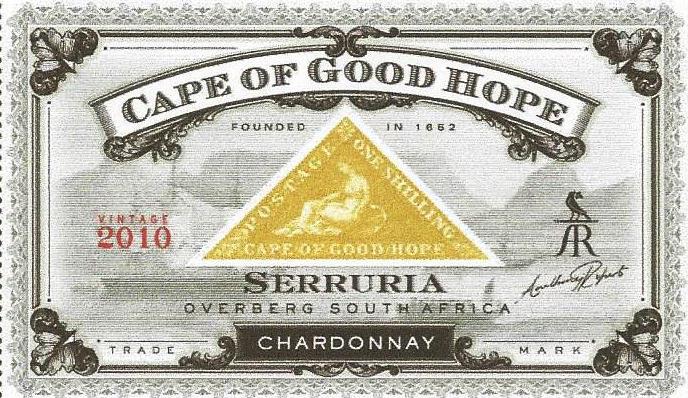Terroir of Overberg
Overberg's terroir is a mix of different landscapes, including fertile valleys, rocky mountain slopes, and coastal highlands. The soils range from deep sandy riverbeds to hillsides with sandstone, shale, and aged granite, with some chalky areas adding unique texture to the wines.
The climate is Mediterranean with a maritime influence, featuring warm, dry summers cooled by sea breezes. Vineyards, especially those at higher elevations, benefit from big temperature swings between day and night, helping flavors develop while keeping acidity. The growing season lasts into March and April, with winter rains and occasional snow providing needed vine dormancy. Compared to the inland Western Cape, Overberg is cooler and wetter, resulting in wines that are fresh, precise, and true to their origin.
Notable Wineries in Overberg
Overberg, with its burgeoning wine scene, is a treasure trove of boutique wineries that emphasize quality and sustainability. Here are a few to consider:
- Lismore Estate: Nestled near Greyton, this estate is celebrated for its elegant Chardonnay, Syrah, and unique white blends, crafted with precision and care.
- Raka: A standout in the Klein River region, Raka is a seasoned producer known for its diverse range of wines, thriving in the cooler climate of Overberg.
- Newton Johnson: Located in the Upper Hemel-en-Aarde Valley, this family-run winery excels in producing Pinot Noir and Chardonnay, reflecting the region’s distinct terroir.
Overberg's wineries, often family-owned, focus on low yields and sustainable practices, creating wines that are pure, balanced, and a true expression of the land.
Sustainable Winemaking in Overberg
In the Overberg region, sustainability is woven into the fabric of winemaking, reflecting a deep commitment to environmental preservation. Positioned near the Kogelberg Biosphere Reserve, many vineyards maintain native fynbos corridors and use cover crops to prevent erosion. Sustainable practices such as organic and biodynamic farming are embraced, supported by South African programs like IPW. These efforts minimize chemical use, enhancing both the ecosystem and wine quality.
Water management is critical, with winter rains and mountain runoff meticulously conserved. Reservoirs like Theewaterskloof facilitate efficient drip irrigation. Solar energy, waste reduction, and recycling are becoming more prevalent, underscoring a harmonized approach with nature. This dedication to sustainability not only protects the region's unique biodiversity but also ensures that Overberg's wines remain vibrant and true to their terroir.
Wine Tourism in Overberg
Wine tourism in Overberg offers a serene escape into South Africa’s lush landscapes, where nature and viticulture harmoniously intertwine. This region, known for its cool-climate wines, invites exploration through scenic self-drive routes connecting charming cellar doors. Visitors can savor exquisite Chardonnays and Pinots in a setting framed by mountains and vineyards.
- Nature Adventures: Enjoy whale watching, birding, and hikes through native fynbos.
- Gourmet Experiences: Indulge in farm-to-table dining with local cheeses, olive oils, and fresh produce.
- Picnic and Tours: Some vineyards offer picnic baskets and guided tours; booking ahead is advised.
- Scenic Drives: Travel along routes that showcase both the region’s natural beauty and its wine heritage.
With its commitment to sustainability and protected beauty, Overberg promises an immersive wine-country experience.
